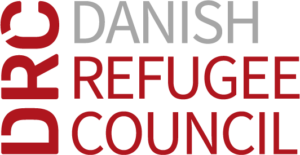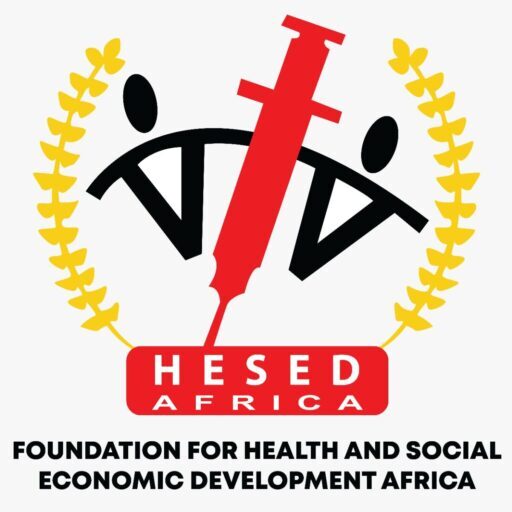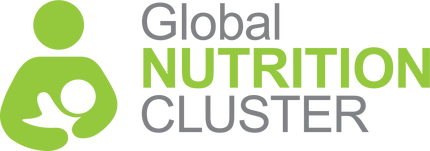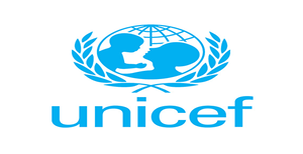HESED Africa works mainly with the most vulnerable members of the society to equip them with vital skills and knowledge and link these with existing resources and opportunities identified in order to put them on the path towards self – reliance:
- To promote access to quality medical/health care;
- To establish and train communities on appropriate health and hygiene technologies;
- To promote Food Security & Nutrition in households especially for under fives;
- To establish community owned associations to be used as vehicles of development in such areas as marketing and acquisition of equipment;
- To establish and assist communities manage their own rotating savings that enable them to run micro and small enterprises;
- To engage the community in the fight against HIV & AIDS including prevention programs;
- To promote economic empowerment among communities especially women and youth;
- To promote education in communities including vocational training and child sponsorships.
Core Values
- Respect for all people and their dignity: HESED Africa shares the dogma that a people are in charge of their own destiny.
- Promotion of community owned initiatives.
- Transparency and accountability
Mission
To enhance livelihoods of vulnerable communities through development of health, social and economic capacities
Vision
Hesed Africa’s vision is to contribute to “A society with access to all basic rights”
Hesed Africa Team
Meet our Dedicated Team
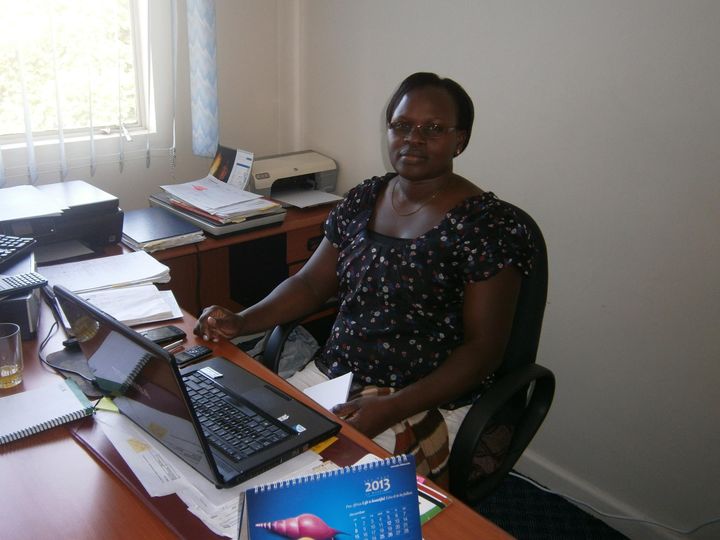
Eunice
Hesed Founder
- Email:eunice@hesedafrica.org
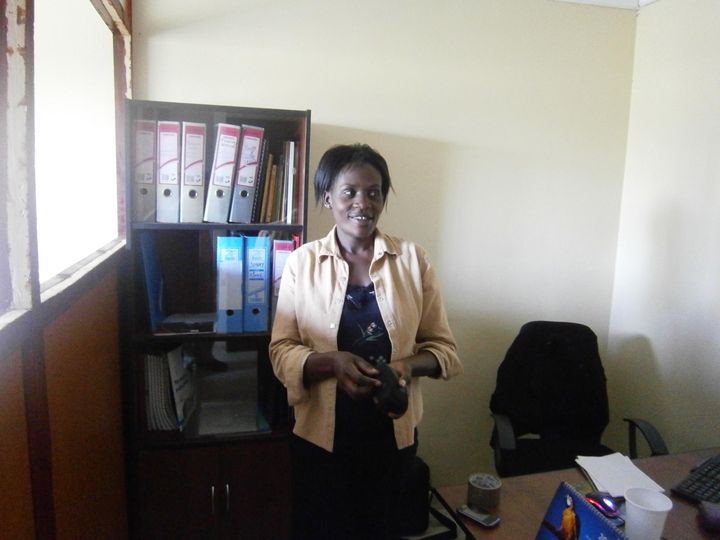
Mildred
Logistics & Administration
Mildred is in-charge of logistics and all the office and administration work at HESED headquarters in Nairobi.

Mildred
Logistics & Administration
- Email:mildred@hesedafrica.org
At Hesed Africa
Our programs are based on well researched community development proposals that ensure achievement of global millennium goals and poverty reduction.
Hesed promotes school health programs as a strategic means to prevent important health risks among youth and to engage the education sector in efforts to change the educational, social, economic and political conditions that affect risk.
We work with schools in the following areas:
- Conducting health talks in schools
- WASH campaigns: Hand wash practices, Proper waste disposal and treatment of drinking water.
- Food security projects to promote school feeding program by initiating school vegetable gardens and hot lunches.
The water and sanitation projects in community and schools help to reduce the burden of health expenses through better sanitation and hygiene.
The aim is to empower the vulnerable persons in the community mainly: the women, under 5s, youth &OVC (orphans & vulnerable Children) through strategies that include:
(i) Women &Youth Economic activities in low income and rural areas. A tailoring and craft project has been initiated in Ngandu village in Dagoretti in Nairobi.
(ii) Girl child education and promotion of leadership among women and youth
(iii) Advocate for gender equality in the society through equitable sharing of community resources between women and men
ica is currently developing its Child Support Programme (CSP) to provide support to Orphaned and Vulnerable Children (OVC) and enable them to access basic rights/needs, including but not limited to education and psychosocial support, and to help them build their future. Majority of the children are OVC due to the high HIV/AIDS prevalence. The strategies to adopt include:
(i) Linking the families to asset building projects started in the community.
(ii) Capacity building for the OVC by enrolling them into vocational centers and
(iii) Provisioning of sponsorship into colleges and universities in Kenya and abroad
Hesed Africa is a non-profit organization. We rely on donations to fund our efforts. Most funds are used to benefit in projects with very minimal overhead costs.
You are welcome to sign up as friend of Hesed Africa – FOHA chapters.
To form a liaison FOHA chapter in your country, please contact the programs director.
Hesed Africa offers learning opportunities for students from Kenyan Universities and in collaboration with one partner we have international students on summer exchange programs.
National Gender and Equality Commission (NGEC)
Member of Health and Nutrition Clusters at Ministry of MOPHSS/UNICEF
Member of technical working groups for urban refugee programmes hosted in liaison with UNHCR and/or partners and Department of Refugee Services
GBV Working group
Mental health and Psychosocial working group
Livelihoods working group
Health working group
State Department for Gender
County HEALTH DIRECTORATE
Partnership and Coordination
We give special thanks to our notable partners:
1) Farmamundi
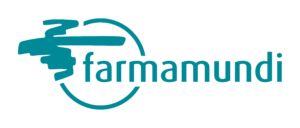
2) Ministry of Foreign Affairs of Denmark
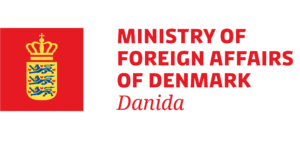
3) Danish Refugee Council
